
The Restonic Ezintsha Sleep Clinic is the first facility of its kind in South Africa, combining Restonic’s mission of enabling wellbeing and success through the power of sleep with Ezintsha’s research capabilities.
The Sleep Clinic
clinical care, research & training
Clinical Care
Admissions
Individuals experiencing suspected sleep disorders are admitted to our facility through a referral by their doctor. Upon arriving in the early evening, our dedicated clinical team prepares patients for sleep analysis by placing electrodes.
Patients then retire to sleep at their usual bedtime, for their usual sleep duration. Our monitoring process captures clinically important information, including sleep stages, sleep disruptions, leg movements and breathing patterns throughout the night.
After waking in the morning, patients can shower and leave to continue with their day as normal. Comprehensive results are sent to their referring doctor to assist in further evaluation.
Facilities
The centre offers four overnight sleep rooms, including a dedicated bedroom for sleep studies focusing on children or adolescents.
Consultations
At the Restonic Ezintsha Sleep Clinic, we provide a comprehensive medical consultation process for people with sleep issues. Patients can conveniently schedule a consultation with a doctor with specialised training in the field of sleep medicine.
Education
In future, the Restonic Ezintsha Sleep Clinic will offer lectures and group treatment options for the public on topics ranging from snoring to sleep apnoea and insomnia.
Servicing patients with disordered sleep, the Restonic Ezintsha Sleep Clinic is a centre of excellence for sleep analysis, research and training.
How it works?
Research
Leveraging the research capabilities of Ezintsha, the sleep clinic is uniquely positioned to lead large-scale research projects to gather comprehensive and relevant data. This not only enables medical professionals to provide accurate guidance to patients, but offers the potential to improve the national healthcare landscape.
For example, our focus includes investigating alternatives to the current expensive treatments for sleep disorders, such as CPAP for obstructive sleep apnoea (OSA), as the cost of these treatments limit their use and accessibility.
OSA is a major cause of cardiovascular and metabolic disease (such as type 2 diabetes) and its diagnosis and treatment cannot be ignored. Local research into this condition might yield benefits in managing other medical conditions prevalent within South Africa, contributing to improved public health outcomes.
Training
The Restonic Ezintsha Sleep Clinic with its robust clinical and research infrastructure is an ideal environment to train doctors and other health professionals in the interdisciplinary field of sleep medicine.
Access training in the field of sleep medicine is limited in the public sector in Gauteng to train doctors on all the various sleep disorders. The Restonic Ezintsha Sleep Clinic is located within walking distance of Charlotte Maxeke Johannesburg Academic Hospital, which is a major medical training centre.
Given the prevalence of sleep disorders and their effects on other medical disorders, it is essential that more doctors are exposed and trained on these problems. For doctors residing in Johannesburg, in-person case presentations are available, while those further afield can attend remote video call discussions or arrange to visit us for a week or more. The Holiday Inn Johannesburg Sunnyside Hotel is conveniently located adjacent to the clinic, allowing for residential visits.
The back story?

Do I have a sleeping disorder?
This 7-question survey will help you to assess whether you should consult a medical professional:
The average is 7 to 8 hours per night, but this may not be normal for everyone. The correct number can vary from 4 to 9 hours per night, as long as you wake feeling refreshed and have no daytime problems related to your sleep. The number of hours you sleep at night is less important than the daytime function. If there is no drop in concentration and no daytime fatigue, then sleep duration may be satisfactory even if slightly less than 7 to 8 hours.
Not feeling rested is either a result of too few hours of sleep or enough hours but a poor quality of sleep. You should feel rested and ready for the day on waking. Alternative reasons for not feeling rested are that you are waking too early for your natural rhythms or, if you are taking sedative medications, they are still working when you wake up.
Falling asleep during the day is not normal if you have had the correct duration and quality of sleep at night. An Epworth sleepiness scale score of 10 is considered excessively sleepy.
This may indicate obstructive sleep apnoea, which causes poor quality of sleep with excessive daytime sleepiness. It also increases your risk of cardiovascular disease. Answer the STOP BANG questionnaire and if you score 4 or more, take this information to your doctor. They will probably recommend a home-based apnoea study to check how bad the breathing difficulties at night are.
This may be an indication of Restless Legs Syndrome (RLS), which can be diagnosed with 4 questions. Answering yes to all four indicates you have RLS, in which case you should consult with a medical professional. i. Do you have an urge to move your legs often with an uncomfortable sensation? ii. Is it worse or only at night? iii. Does it only occur at rest? iv. Is it partially or wholly relieved on movement (once you stop moving and are at rest again the sensation tends to come back) • Although usually causing a problem falling asleep the second part of the disorder called periodic limb movement disorder) may cause a poor quality of sleep and daytime tiredness. Periodic limb movements are usually small movements of the big toe (or more of the leg) that twitch regularly during sleep. Both RLS and PLMS can be treated with medication. Please let your doctor know that you have this disorder if it interferes with your sleep.
Insomnia is defined as: allocating the right amount of time for sleep but battling to get enough hours of sleep with a compromise on daytime function. There are many causes and most can be treated. Even insomnia with no cause can be treated quite well with a behavioural programme (called Cognitive Behavioural Therapy for Insomnia (CBT-I)). Medications to help sleep should only be used as a temporary measure until the correct treatment is implemented. A proper assessment is critical, so please let your doctor know if you are battling to sleep.
The questions above indicate what symptoms to look for if you suspect you may have a sleep disorder. If you are concerned, please let your doctor know – take them the information you have obtained here. You should also keep a sleep diary (time of going to sleep, waking during the night, how long you are awake for and when you wake up) for a week or so, including a score out of 5 for your daytime function, to share with your doctor.
Get informed!
Meet our team
We are proud to introduce our world class team at the Sleep Clinic.
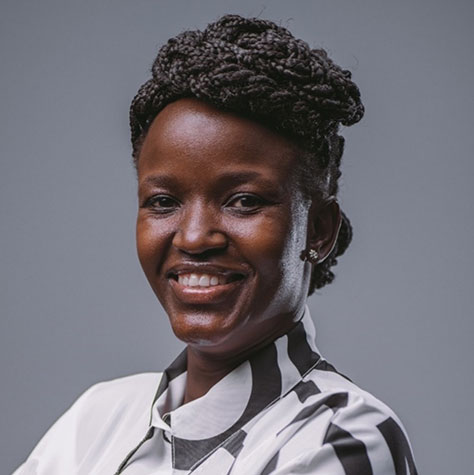
Nomathemba Madise
Nomathemba Madise is a Medical Secretary at Restonic Ezintsha Sleep Clinic. She is a Medical Secretary with extensive experience in managing research clinics and ensuring confidentiality of sensitive information.
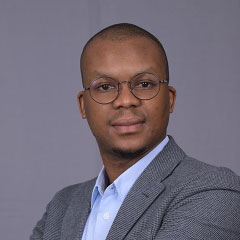
Ntobeko mbuyisa
Ntobeko is a results-driven Divisional Manager who is passionate about advancing design thinking, project and program management, organisational competitiveness, and operational efficiency.
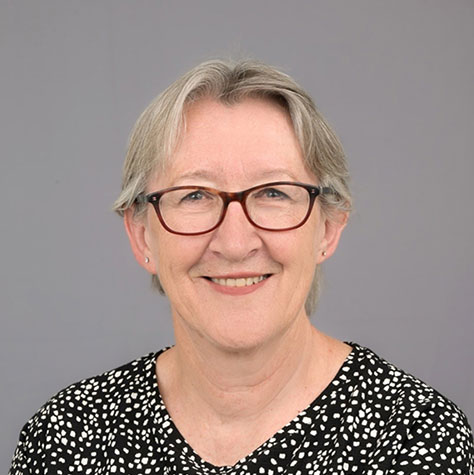
Dr Alison Bentley
Dr Bentley has been seeing patients with sleep problems, both adults and children, off and on over the last 30 years. She ran the first diagnostic sleep laboratory in South Africa from 1990 to 1998.
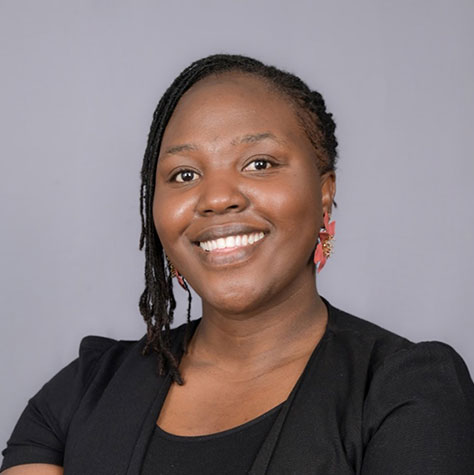
Dr Nomathemba Chandiwana
Dr Nomathemba Chandiwana is the Director and Principal Scientist at Ezintsha Research Centre. She is a medical doctor with extensive experience in conducting large-scale HIV clinical trials in Africa.
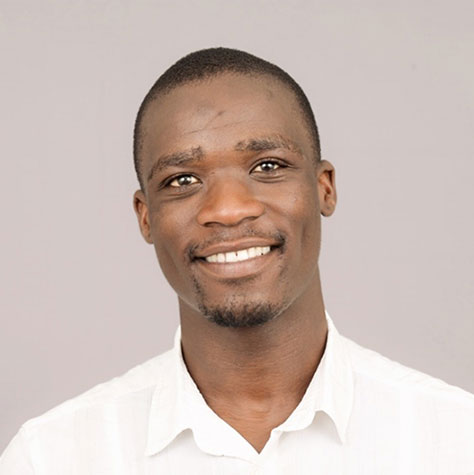
Nhlonipho Lawrance Xaba
Lawrance Xaba is a driven individual with a solid background in Information Technology: Business Application Specialist from Department of Informatics, he is a valuable team player.
Our podcasts
Listen to insightful Podcasts from everything to Sleep and health and even bed time stories.
Get in touch
Get the sleep help you need from leading experts.


